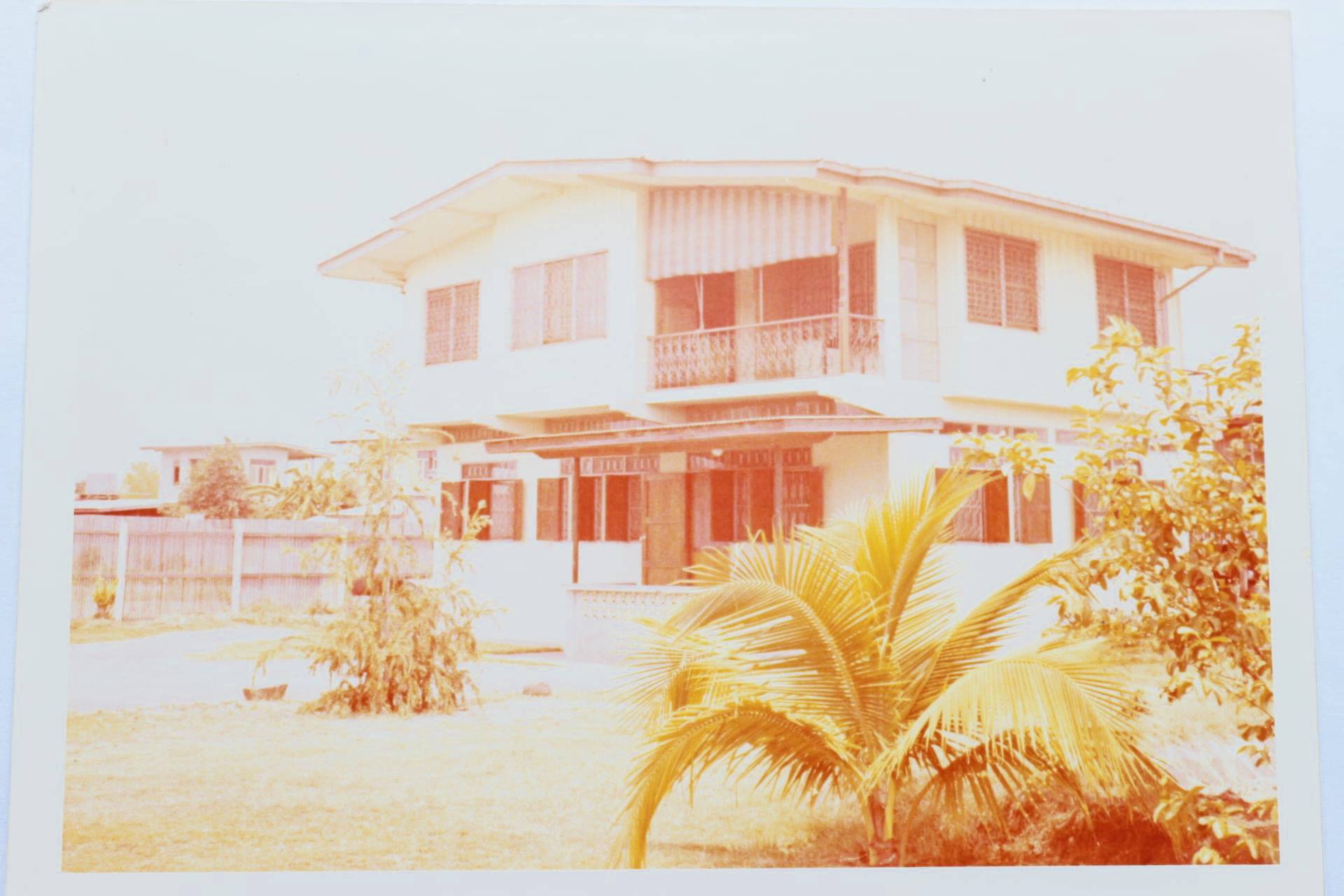In the year 1970, the landscape of Korat, Thailand, was a vivid backdrop to the ongoing Vietnam War, where various U.S. Air Force personnel found themselves stationed. Among them was a member of the 388th Field Maintenance Squadron (FMS), specifically assigned to the Hydraulics division. This individual, like many others, was part of a critical support unit for the air operations that were crucial to the war effort. The 388th FMS was responsible for maintaining and ensuring the operational readiness of the aircraft that flew from Korat Royal Thai Air Force Base. Their work was vital, as they kept the planes in prime condition to carry out missions over Vietnam.
The barracks that housed the members of this squadron were located across from the Sawadee Club, a well-known establishment among the servicemen stationed at Korat. The Sawadee Club was a popular spot, offering a temporary escape from the rigors of military life. Its location made it a familiar landmark for those living in the barracks nearby. The barracks themselves were typical of military accommodations of the time—functional but far from luxurious. They were two-story structures, with the individual in question being assigned a bunk on the top floor of the second barracks from the left.
The living conditions in these barracks were a reflection of the era and the location. Air conditioning was a luxury that was not available, a fact that made the hot and humid climate of Thailand all the more challenging. The heat was often oppressive, and the lack of air conditioning meant that the servicemen had to rely on other means to stay cool, such as fans or simply enduring the discomfort. This was a common experience for many soldiers and airmen stationed in Southeast Asia during the Vietnam War, where the tropical climate was as much an adversary as any military threat.
Sharing this top-floor space was a roommate who worked in the Egress shop. The Egress shop was responsible for the maintenance and repair of ejection seats and other emergency escape systems in the aircraft. This was another crucial role, as the effectiveness of these systems could mean the difference between life and death for pilots in distress. The roommate’s work, like that of the hydraulic specialist, was integral to the overall mission of the 388th Tactical Fighter Wing, under which the 388th FMS operated.
The camaraderie in these barracks was likely strong, as the men who lived there shared the same challenges and worked toward a common goal. The lack of modern amenities such as air conditioning might have been a source of discomfort, but it also fostered a sense of shared hardship. This camaraderie was an essential part of life in the military, especially in a combat zone where the support of fellow servicemen could be a key factor in coping with the stress and dangers of the war.
The 388th FMS, including the Hydraulics division, played a vital role in the larger picture of the Vietnam War. Their work ensured that the aircraft used in missions were in top condition, capable of performing their duties and returning safely. The Hydraulics division, in particular, was responsible for maintaining systems that were critical to the aircraft’s operation, including landing gear, brakes, and flight controls. Any failure in these systems could have catastrophic consequences, so the work done by this individual and his colleagues was of utmost importance.
Despite the hardships of living without air conditioning in a tropical climate, the men of the 388th FMS carried out their duties with professionalism and dedication. Their efforts contributed to the success of many missions flown out of Korat, and their living conditions, though challenging, were a testament to their resilience. The barracks across from the Sawadee Club were more than just a place to sleep; they were a home away from home, a place where bonds were formed, and where the challenges of war were met with determination and a sense of duty.
The experience of being stationed at Korat in 1970, living in the second barracks on the top floor, with a roommate from the Egress shop, was a unique chapter in the lives of those who served there. The lack of air conditioning, while a notable discomfort, was just one aspect of a much larger experience—one that was defined by hard work, camaraderie, and a commitment to the mission at hand.




No comments yet
Be the first to share your thoughts!